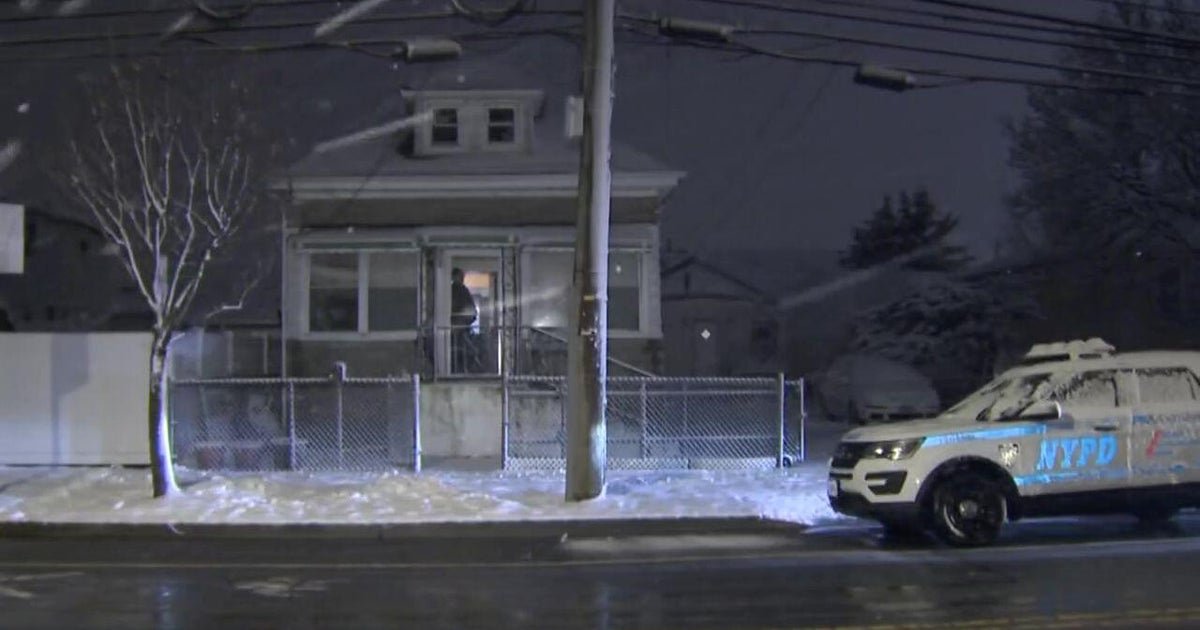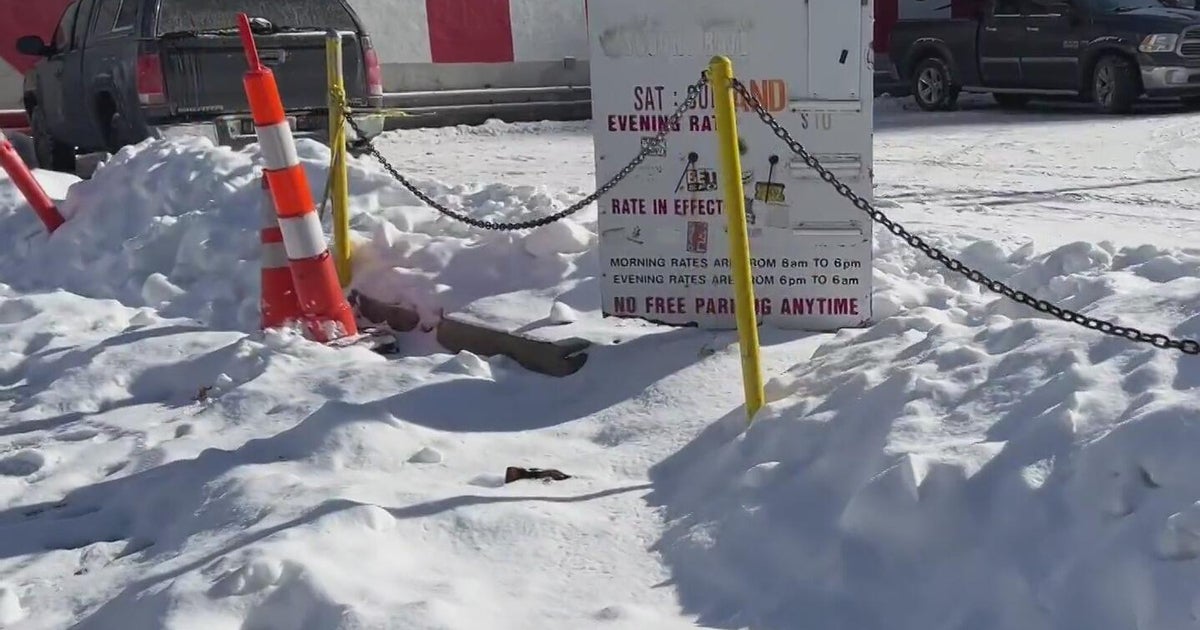NH Expected To Expand Death Penalty To Deadly Home Invasions
CONCORD, N.H. (AP) -- New Hampshire rarely expands its death penalty statute, but the brutal machete and knife attack that killed a mother in her bed and severely wounded her daughter could move lawmakers to add home invasion killings to the short list of crimes punishable by death.
The Senate holds a hearing Wednesday on a bill to do so that has passed the House.
Senate Republican Leader Jeb Bradley of Wolfeboro believes New Hampshire will expand its law to cover the kind of attacks that killed Kimberly Cates and maimed her daughter.
"Given the magnitude of that type of a crime, the death penalty is warranted," Bradley said. "I think an expansion of the death penalty is going to be seen favorably in the Senate."
The bill has powerful backers. House Speaker William O'Brien sponsored the bill in response to the attack on Cates who was from his hometown of Mont Vernon and named the bill after her.
O'Brien said the bill will enhance protection for people in their homes and provide justice to future victims of home invasion murders.
"(The bill) is a measured and responsible expansion of the New Hampshire death penalty statute to address deadly assaults on people in their homes that were unimaginable until recent years," said O'Brien.
The House passed the bill on a voice vote. Democratic Gov. John Lynch supports making home invasions a capital crime, but has not said whether he supports the House bill.
He submitted a letter to the House pledging to work with lawmakers to pass a bill tailored to apply to home invasion murders.
Bradley believes the only thing that could hold up the bill's passage would be differences over details that can't be resolved by the end of the session in June.
"I think we all feel philosophically (that) for this type of crime the death penalty is warranted," he said.
Steven Spader was convicted of Cates' murder last year and sentenced to life without parole. Co-defendant Christopher Gribble admitted to taking part in the attacks but tried unsuccessfully to convince the jury he was insane at the time. He was sentenced to life without parole.
Three others were sentenced on lessor crimes.
Spader and Gribble couldn't have faced the death penalty in the 2009 attack because the crime doesn't fall into one of six types of murders punishable by death under New Hampshire's statute, one of the narrowest in the nation.
The six are: killing an on-duty law enforcement officer or judge, murder for hire, murder committed in connection with a kidnapping, murder committed during rape, murder committed during certain drug offenses and murder committed by a convict already serving a sentence of life without parole.
New Hampshire rarely approves expansions to the law. The last, in 1994, was the addition of killing a judge.
Only three people have been charged with capital murder in more than a dozen years in New Hampshire. Two men are serving sentences of life without parole and the third is on death row for killing a police officer.
In its 380-year history, New Hampshire has executed 24 people, and none since 1939.
A bill to repeal the law passed the House and Senate in 2000 but was vetoed by then-Gov. Jeanne Shaheen, now a U.S. senator. Repeal bills have not reached the governor's desk since.
Crafting a law concise enough to address the crime of home invasion could be difficult because legally, there is no such crime as home invasion.
The attorney general's office testified at a House hearing that the bill would cover a wide variety of behaviors, such as one burglar killing another to keep robbery loot to himself, or a death resulting from a fight with an estranged spouse.
The attorney general's office offered to help narrow the bill to cover cases like the Mont Vernon home invasion, but the House passed O'Brien's bill unchanged.
Cates' husband, David, testified in support of the bill though he said he wasn't seeking vengeance since the law change wouldn't apply in his wife's case.
(© Copyright 2010 The Associated Press. All Rights Reserved. This material may not be published, broadcast, rewritten or redistributed.)







